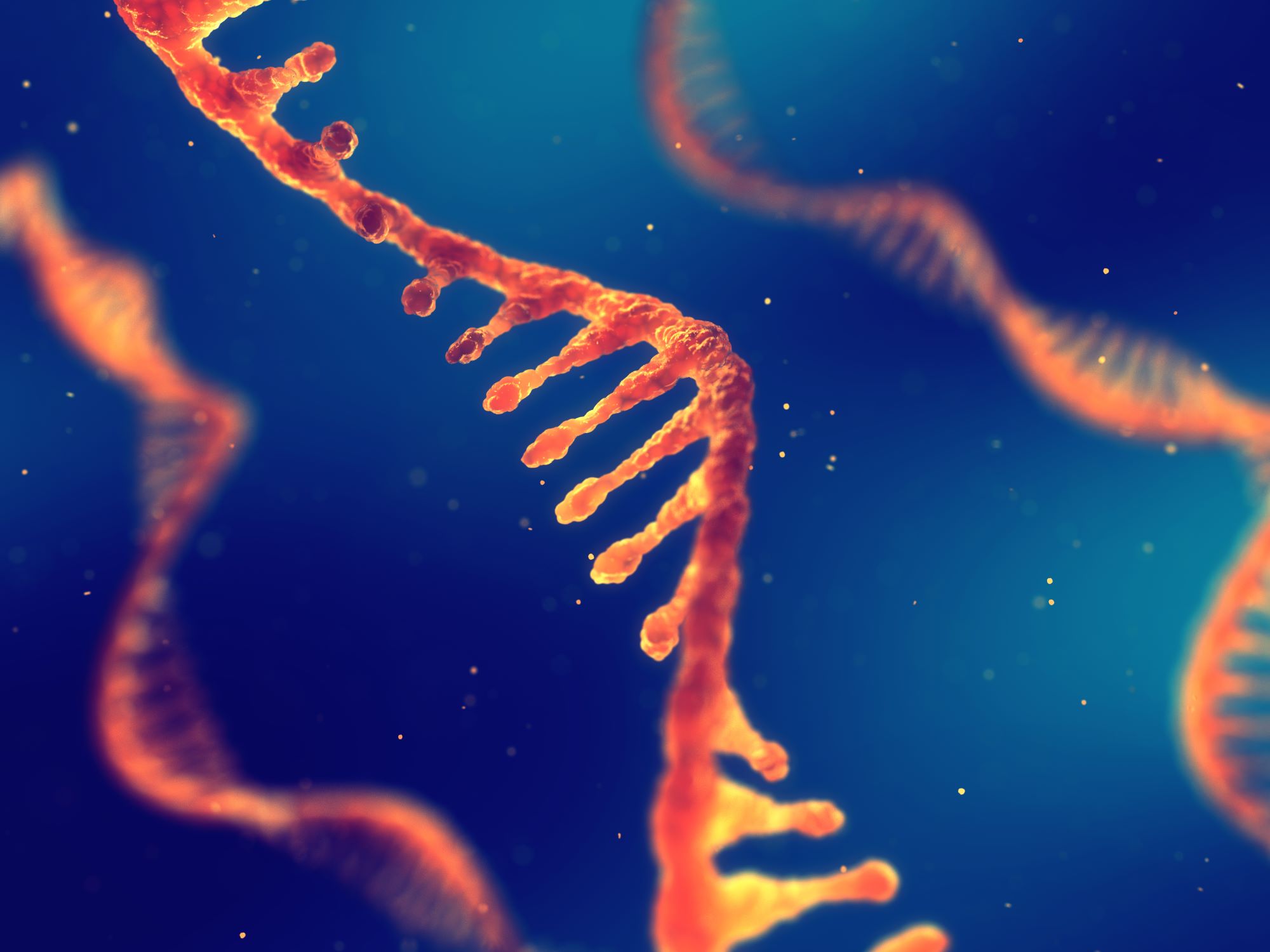As of January 17, 2022, GlobalData noted 542 active chimeric antigen receptor (CAR) T-cell (CAR-T cell) agents in the global pipeline, of which 59% are in Phases 0–II. While most Phase II–III company-associated trials use autologous enriched T-cells to evade graft-versus-host disease (GvHD), a notable growth (fueled by large deals and partnerships) in the pre-clinical and Phase I development of allogeneic therapy has been observed. One such example is the Adaptimmune Ltd and Genentech’s $3.25 billion partnership, focusing on Adaptimmune’s induced pluripotent stem cell (iPSC)-obtained allogeneic platform to create T-cells with higher proliferation capacity than mature T-cells.
For allogeneic CAR-Ts to upstage autologous CAR-T cells, their safety and efficacy profiles must equal or supersede the presently FDA-approved CAR-T candidates, and they must remain cost-effective. Allogeneic therapies currently confer an advantage over autologous therapies by being cheaper, more easily automated, and available as a scalable “off-the-shelf” product; having reduced dependence on patient T-cells’ functional fitness; and having maintainable critical quality attributes to ensure consistency between batches. However, allogeneic therapies require the avoidance of GvHD and the generation of robust in vivo activation, expansion, and longer persistence.

Access deeper industry intelligence
Experience unmatched clarity with a single platform that combines unique data, AI, and human expertise.
CRISPR Therapeutics‘ CTX110 is a forerunner for combatting the GvHD response in patients. The allogeneic-derived T-cell is edited ex vivo using CRISPR/Cas9 to insert the CAR-construct precisely into the T-cell receptor alpha constant locus and simultaneously disrupt endogenous T-cell expression, thereby reducing the risk of GvHD. Additionally, to improve CAR-T cell persistence, which is notably lower in allogeneic therapies, the major histocompatibility complex expression is eliminated to avoid host immune rejection of the allogeneic CAR-T cell product. Although the CTX110 program is solely owned by CRISPR Therapeutics, its remaining portfolio has strategic partnerships with Bayer, Vertex Pharmaceuticals, KSQ Therapeutics, among others, for its allogeneic CAR-T development platform technology. Together with a strong pipeline, these partnerships place CRISPR Therapeutics as a key future player in the allogeneic space.
UCART19, pioneered by Cellectis using the trademark gene-editing technology TALEN and licensed to Servier, is the most advanced allogeneic CAR-T product in clinical development. In the two multicenter Phase I studies investigating UCART19, NCT02808442 and NCT02746952, in heavily pretreated relapsed or refractory B-cell acute lymphoblastic leukemic (ALL) children and adults, 67% had a complete response or complete response with incomplete hematological recovery 28 days after infusion. These encouraging results further propel allogeneic CAR-T cells as a feasible option for patients with rapidly progressive disease and where autologous CAR-T-cell therapy is inaccessible.
Another worthy mention is Precision Biosciences‘ PBCAR0191, which was recently reported to have high and comparable response rates to autologous CAR-T in non-Hodgkin lymphoma and B-cell ALL patients.
Though it is premature to predict whether allogeneic or autologous cell therapy will dominate the future oncology market, it is clear that the commercial attributes of allogeneic CAR-Ts align with the current business model of pharmaceutical companies for maximizing marketing potential along with profit margins. It is, therefore, unsurprising to see an increasing trend towards allogeneic therapy at earlier stages. However, the key hurdles of GvHD, host allorejection, and reduced in vivo persistence remain the rate-limiting steps to achieving viable clinical success.

US Tariffs are shifting - will you react or anticipate?
Don’t let policy changes catch you off guard. Stay proactive with real-time data and expert analysis.
By GlobalData


